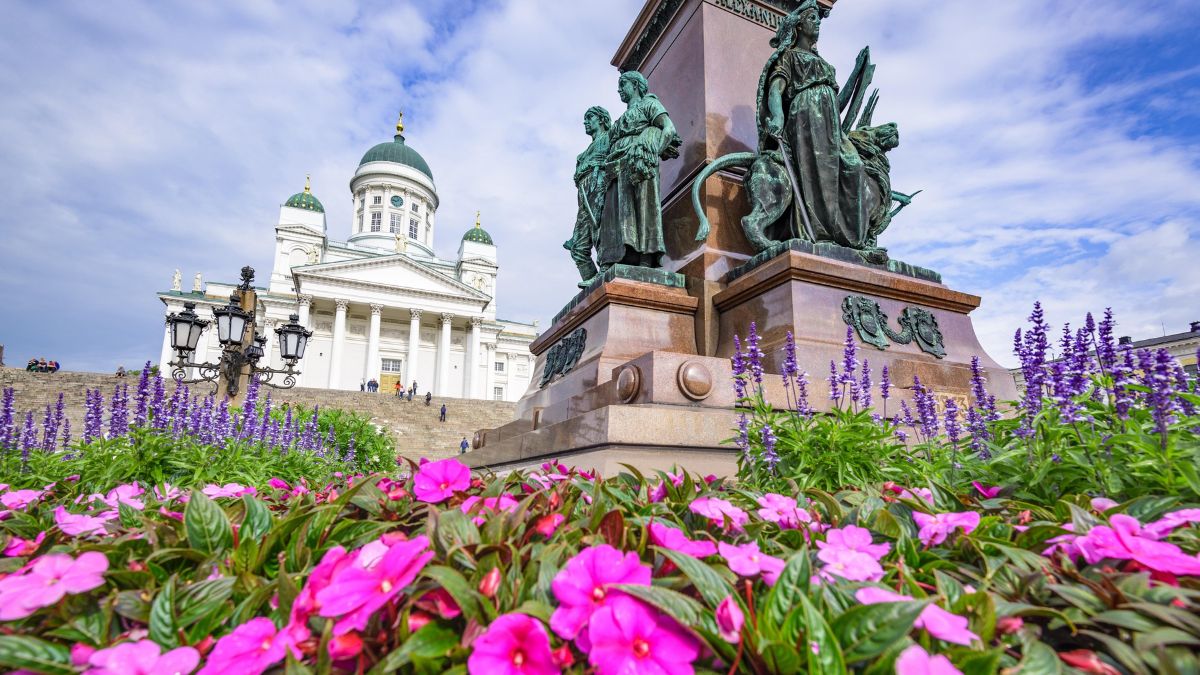Finland has been named the happiest country in the world for the seventh year in a row, according to the latest World Happiness Report released by the UN on Wednesday.
Alongside Finland, other Nordic nations such as Denmark, Iceland, and Sweden have maintained their positions within the top ten rankings of the most joyful countries.
At the opposite end of the spectrum, Afghanistan remains at the lowest rank among the 143 countries evaluated, continuing to face a severe humanitarian crisis since the Taliban’s return to power in 2020.
Marking a notable shift in this year’s report, for the first time in over a decade, both the United States and Germany fell out of the top 20 happiest nations, ranking 23rd and 24th respectively.
Meanwhile, Costa Rica and Kuwait have made significant strides, entering the top 20 at positions 12 and 13, highlighting changes in global happiness dynamics.
The report noted the happiest countries no longer included any of the world’s largest countries.
“In the top 10 countries only the Netherlands and Australia have populations over 15 million. In the whole of the top 20, only Canada and the UK have populations over 30 million.”
The sharpest decline in happiness since 2006-10 was noted in Afghanistan, Lebanon and Jordan, while the Eastern European countries Serbia, Bulgaria and Latvia reported the biggest increases.
Impact Shorts
More ShortsThe happiness ranking is based on individuals’ self-assessed evaluations of life satisfaction, as well as GDP per capita, social support, healthy life expectancy, freedom, generosity and corruption.
- Growing inequality -
Jennifer De Paola, a happiness researcher at the University of Helsinki in Finland, told AFP that Finns’ close connection to nature and healthy work-life balance were key contributors to their life satisfaction.
In addition, Finns may have a “more attainable understanding of what a successful life is”, compared to for example the United States where success is often equated with financial gain, she said.
Finns’ strong welfare society, trust in state authorities, low levels of corruption and free healthcare and education were also key.
“Finnish society is permeated by a sense of trust, freedom, and high level of autonomy,” De Paola said.
This year’s report also found that younger generations were happier than their older peers in most of the world’s regions – but not all.
In North America, Australia and New Zealand, happiness among groups under 30 has dropped dramatically since 2006-10, with older generations now happier than the young.
By contrast, in Central and Eastern Europe, happiness increased substantially at all ages during the same period, while in Western Europe people of all ages reported similar levels of happiness.
Happiness inequality increased in every region except Europe, which authors described as a “worrying trend”.
The rise was especially distinct among the old and in Sub-Saharan Africa, reflecting inequalities in “income, education, health care, social acceptance, trust, and the presence of supportive social environments at the family, community and national levels,” the authors said.
With inputs from AFP
)